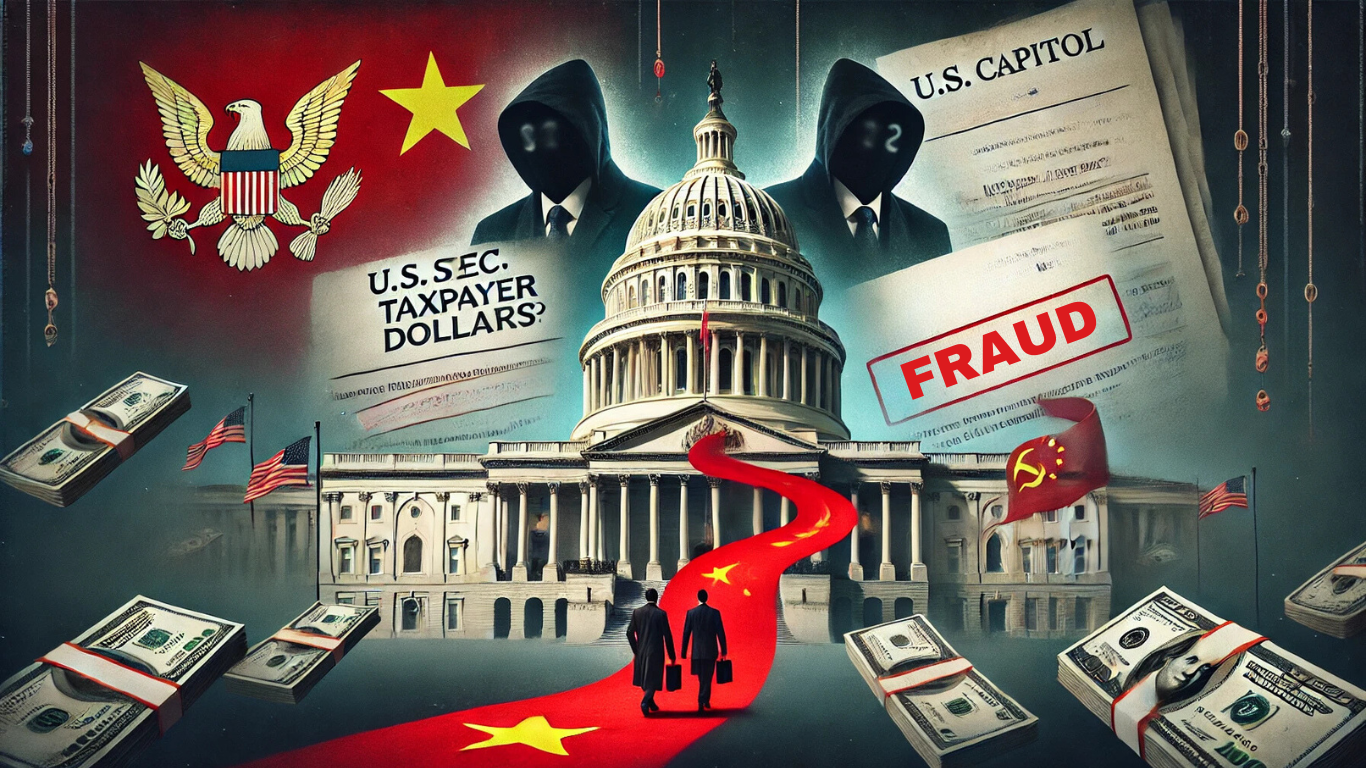Exposing the Political Witch Hunt: Lawfare Against Timothy Barton
The unfolding legal battle surrounding Timothy Barton, a prominent real estate developer and business associate of the Trump Companies prior to POUTUS 45. Mr. Barton was a campaign fund raiser and vocal supporter of President Donald Trump, having known him for 25 years. Mr. Barton’s legal issues all stemmed from his relationship with President Trump and the Biden White-House wanting to support the CCP. This troubling political witch hunt fueled by lawfare tactics and illegal seizure of Mr. Barton’s life long entrepreneurial endeavors. Critics argue that Barton has been unjustly targeted in a calculated campaign orchestrated by the Securities and Exchange Commission (SEC) and the Department of Justice (DOJ), allegedly influenced by Chinese Communist Party (CCP) agents connected to financier Michael Fu. This alleged political witch hunt raises profound questions about judicial integrity, government overreach, and foreign interference in U.S. affairs.
The Backdrop of a Political Witch Hunt and Lawfare
Barton’s ordeal began when he flagged irregularities in Fu’s dealings during his tenure as a fee developer for Wall Entities. His suspicions centered around Fu’s aggressive financial maneuvers, potential money laundering, and an alarming push to acquire American farmland—assets tied to national security. Barton’s insistence on adhering to anti-money laundering protocols made him an obstacle for Fu, who allegedly retaliated by launching a smear campaign.
The result? A targeted political witch hunt, weaponizing federal agencies to execute lawfare against Barton.
Lawfare in Action: The SEC and DOJ’s Role
The campaign intensified in 2020 when the SEC launched an investigation into Barton—a move critics believe was spurred by Fu’s CCP-backed lobbying efforts. Barton’s case, involving unsecured loans rather than securities, fell outside the SEC’s jurisdiction, raising further concerns about overreach.
In September 2022, the lawfare escalated. The FBI raided Barton’s home in a pre-dawn operation critics labeled unnecessarily aggressive, painting it as a centerpiece in the ongoing political witch hunt. Barton was arrested and detained on charges of wire fraud and securities fraud—charges he vehemently denies. Supporters argue that this was not about justice but rather a coordinated act of lawfare to silence and punish a political ally of Trump.
Judicial Bias and Lawfare Overreach
The legal system’s involvement further exposed the depths of this political witch hunt. Judge Brantley Starr’s appointment of a receiver to manage Barton’s assets sparked widespread outrage. This receiver, unqualified in real estate matters, systematically liquidated Barton’s properties at grossly undervalued prices—depriving him of his livelihood and causing irreparable harm to his family.
Despite a Fifth Circuit Court ruling vacating the receiver’s appointment due to procedural overreach, the judge reinstated the same receiver. Critics argue that this move underscores a broader lawfare campaign, where judicial bias and systemic flaws combine to advance a political agenda.
Political Witch Hunt: Broader Implications of Lawfare
Barton’s case highlights the dangerous intersection of lawfare and political weaponization. The DOJ’s public acknowledgment of Barton’s support for Trump in its press releases points to the politicized nature of the charges against him. Barton’s whistleblowing efforts to expose Fu’s alleged CCP-backed money laundering appear to have made him a target in this political witch hunt.
Moreover, the alleged influence of CCP agents raises significant geopolitical concerns. Critics question why federal agencies appear to be aiding CCP-affiliated individuals under the guise of investigating Barton, while ignoring glaring issues of foreign financial interference.
Barton’s Resilience Against Lawfare
Despite overwhelming odds, Barton remains steadfast in his fight against this political witch hunt. He has refused to capitulate to lawfare tactics and continues to expose the systemic overreach and judicial bias targeting him. Barton’s case represents far more than an individual legal battle—it is a fight to preserve the principles of fairness, due process, and judicial accountability in America.
While Barton’s assets, reputation, and family have suffered under the weight of this lawfare campaign, his unwavering resistance stands as a testament to the resilience required to confront politically motivated injustice.
A Call to End the Political Witch Hunt
The campaign against Barton serves as a chilling reminder of the dangers posed by lawfare and politically motivated persecution. When federal agencies like the SEC and DOJ become tools for executing a political witch hunt, the very foundation of democracy and the rule of law are put at risk.
Barton’s fight demands urgent attention and oversight. This political witch hunt must be exposed and addressed to ensure that U.S. citizens are not targeted for their political affiliations or whistleblowing efforts.
In the face of lawfare, Barton’s story is not just a personal battle—it is a fight for the integrity of American justice, transparency, and accountability. If left unchecked, this precedent could threaten the freedoms of any American citizen, eroding trust in the very institutions meant to protect us.
When justice is compromised by political agendas and foreign influences, it is not just one individual who suffers, but the very foundations of democracy and the rule of law that are put at risk. Barton’s fight is no longer just about personal vindication—it is a battle for the integrity of American justice against internal and external threats.
“When lawfare becomes a weapon of a political witch hunt, the greatest casualty is justice itself.”


